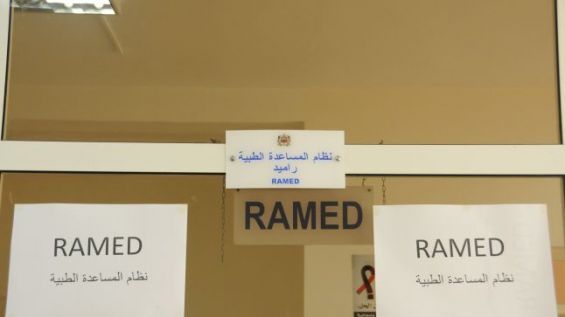The House of Representatives on Monday unanimously approved framework bill n° 09.21 on social protection, in the presence of the minister of Economy, Finance and Administration Reform, Mohamed Benchaaboun.
Speaking on this occasion, Benchaaboun welcomed the outcome of the vote which, he said, «will give us the necessary strength to move forward in the implementation of this major social reform, which constitutes a real social revolution and a decisive turning point in the process of reforming social protection in the Kingdom».
The aim is to improve the direct impact of this social protection on citizens to reduce poverty and vulnerability, as well as to support the purchasing power of households, he pointed out.
The project aims to protect poor and vulnerable groups and families with limited income against hazards linked to childhood, disease, old age and job loss, he added, noting that some 22 million Moroccans, half of whom are enrolled in the RAMED medical assistance system, and 11 million professionals, merchants, farmers, hand-craftsmen and self-employed people will benefit from Compulsory Health Insurance (AMO) with the same basket of services and treatments enjoyed by workers in the private sector, he said.
The state will bear the affiliation fees of 11 million Ramed users among vulnerable and poor categories, for an annual budget of 9 billion dirhams, i.e. a 7 billion dirhams increase compared to the expenses related to the purchase of medicines under the current RAMED system, he added.
Morocco will set up an unprecedented social project, requiring nearly 51 billion dirhams per year, the modification of some legislative and regulatory texts in force and the elaboration of other texts, the launch of a set of structural reforms for the rehabilitation of the health system, as well as reforming the compensation system in order to remedy the imbalances in the targeting of categories eligible for support in parallel with the implementation of the unified social register, he pointed out.




 chargement...
chargement...












